Fishing in inland waters is among the most ancient of human practices and fishing tools have been found among the earliest human remains. Fish from inland waters has continued to provide a major source of animal protein to the present day, particularly in areas far removed from the sea. The current high demand for fish and increased awareness of the role of the environment in supporting human well-being have led to a situation whereby attitudes to inland water resources are changing rapidly. This change is part of a larger preoccupation for the long-term stability of ecosystems as well as a concern for the capacity of existing freshwater resources to meet human needs. Humanity is moving away from old exploitative models of development towards priorities for agriculture, forestry and fisheries that aim to secure the sustainability of the world’s resources in the interest of long-term food security. Policies for conservation and sustainability are being pursued against increasing pressures on natural resources in general. Nowhere are these trends in resource use and environmental impact more evident than in inland waters, which are particularly vulnerable as they act as collectors of all the activities occurring in their basins and rank as some of the most endangered ecosystems in the world. The principal changes influencing the evolution of the aquatic resource for fisheries are described in this book.
Urban Geography
$63.00
$70.00

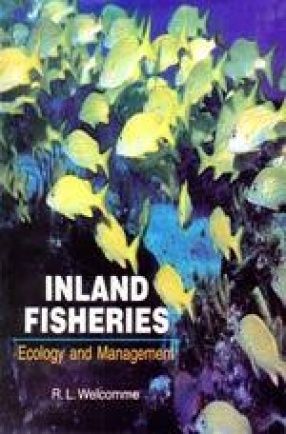
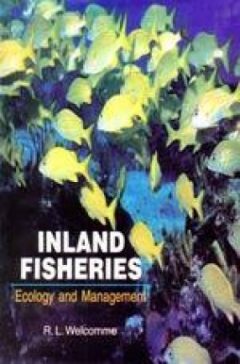
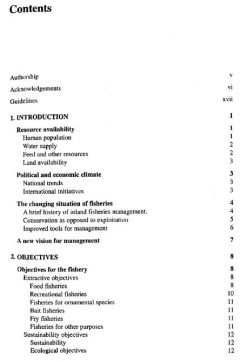
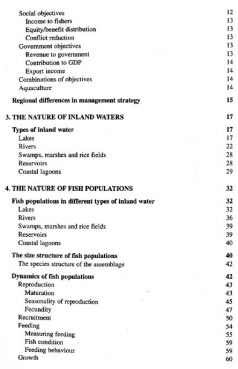
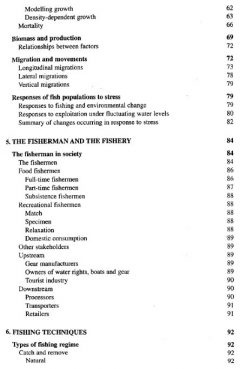
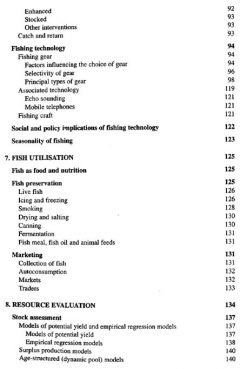
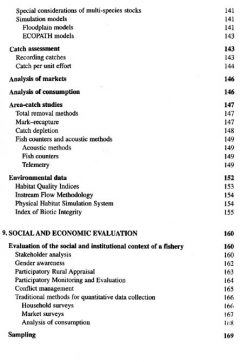
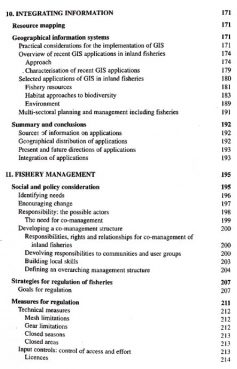
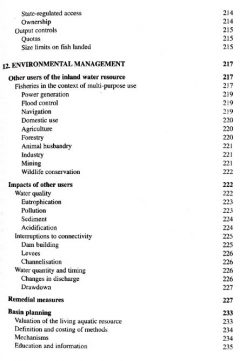
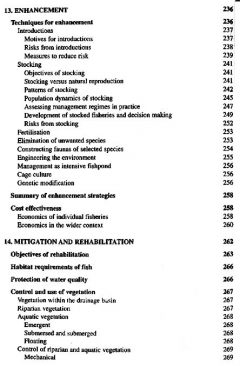
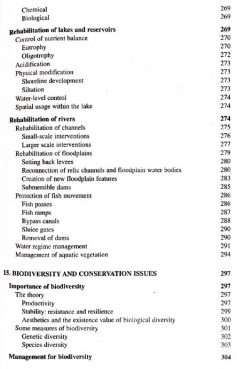
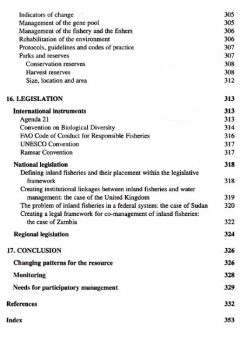

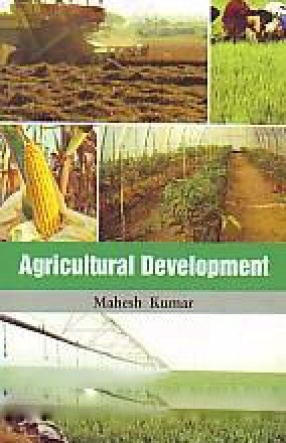

There are no reviews yet.